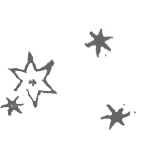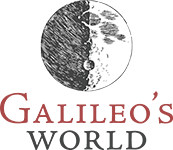Music of the Spheres
The Meaning of the Planets
Galileo gave lectures on Dante. Chaucer wrote a treatise on the astrolabe. Shakespeare and Galileo share the same birth year. Renaissance writers shared an intertwined literary and scientific heritage. Medieval and Renaissance works of literature are filled with the music of the spheres and the meaning of the planets.
Browse Items on Display
| 1 |
The Divine Comedy Dante, (1757) Dante’s love for astronomy pervaded this epic poem. Not by accident did he bring each of the three volumes to a close with the word “stelle,” or star. |
|
| 2 |
Workes, Chaucer Chaucer, (1598) Chaucer’s astronomical knowledge, like Dante’s, was anything but casual; in addition to his stories, this volume also contains his detailed technical manual for use of the astrolabe. |
 |
| 3 |
Second Folio Shakespeare, (1632) Planetary and stellar influences affect one’s physical temperament, so one must take steps not to catch the melancholic “influenza” of Saturn: “There’s some ill planet reigns: I must be patient till the heavens look With an aspect more favorable” (A Winter's Tale). |
 |





